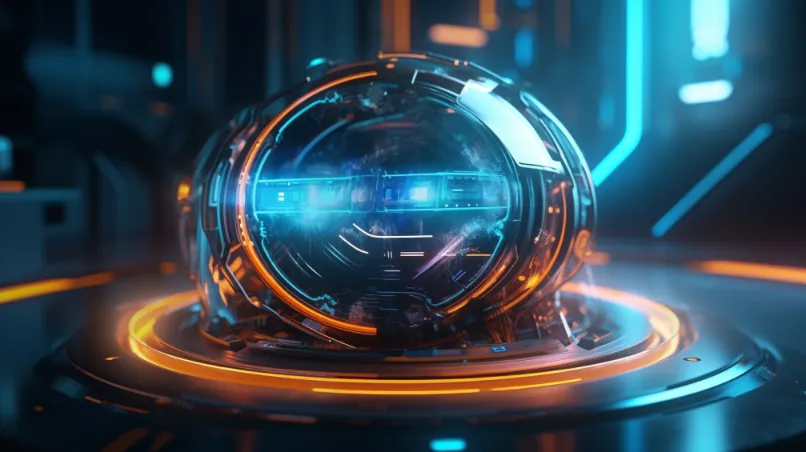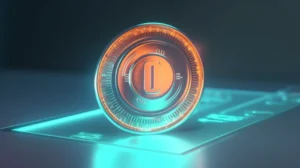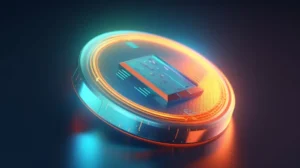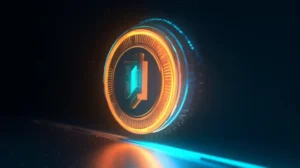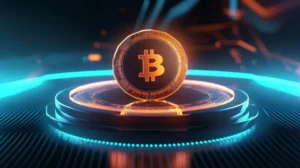Are DAOs the Future of Decentralized Governance?
Decentralized Autonomous Organizations (DAOs) have been gaining popularity in recent years.
DAOs are a new type of organization that operate on top of a blockchain network. They are designed to be self-governing, transparent and democratic.
DAOs use blockchain technology to allow members to vote on proposals, make decisions, and manage their funds in a decentralized manner.
Understanding Decentralized Governance
Decentralized governance refers to a system of governance where decision-making is distributed among different stakeholders, rather than being centralized in the hands of a few individuals or entities.
Decentralized governance is important because it allows for greater transparency, accountability, and participation. It also helps to reduce the risk of corruption and abuse of power.
What are DAOs?
DAOs are decentralized organizations that are self-governing and operate on top of a blockchain network.
They are designed to eliminate the need for intermediaries and allow members to govern themselves in a transparent and democratic manner.
DAOs use smart contracts to automate decision-making and enforce rules.
Are DAOs the Future of Decentralized Governance?
DAOs have the potential to revolutionize the way governance is done. They offer a transparent and democratic way of making decisions, without the need for intermediaries.
However, there are also challenges that DAOs face, such as the risk of hacking and the difficulty of ensuring that all members have an equal say in decision-making.
Despite these challenges, there have been successful DAOs that have shown the potential of this new form of governance.
The Potential Impact of DAOs on Governance Systems
Decentralized Autonomous Organizations (DAOs) have been hailed as a revolutionary concept in blockchain and cryptocurrencies. They are a new kind of organizational structure that run as code on blockchains.
According to a paper, DAOs represent the future of governance systems. However, some argue that DAOs will never work without fixing governance, as decentralizing leadership isn’t a magical solution that instantly leads to better results.
DAOs offer a model for managing a project or company that distributes voting rights across all members, but new structures must be explored to ensure decentralized organizations remain incorruptible.
Therefore, while DAOs have the potential to be the future of decentralized governance, there are still challenges that need to be addressed.
The Potential Challenges and Considerations for DAO Implementation
While DAOs offer promising possibilities for decentralized governance, there are important challenges that need to be addressed. One significant concern is the risk of hacking and security breaches.
As DAOs operate on blockchain networks, they are susceptible to vulnerabilities in the underlying technology. Robust security measures and continuous monitoring will be essential to protect the integrity and assets of DAOs.
Another challenge is ensuring equal participation and decision-making power among all members.
DAOs aim to create transparent and democratic systems, but it can be difficult to achieve a truly inclusive environment where everyone has an equal say.
Mechanisms for preventing concentration of power and addressing potential governance biases will be crucial to maintain fairness and prevent manipulation.
Additionally, DAOs need to overcome the limitations of scalability and efficiency.
As blockchain networks evolve, scalability remains a concern for DAOs, particularly when it comes to processing a large volume of transactions.
Ensuring smooth and efficient operations will be essential to maximize the potential of DAOs in governance.
To address these challenges, ongoing research and innovation are required.
New structures and governance models should be explored to enhance the effectiveness, security, and inclusivity of DAOs. Collaborative efforts among experts, developers, and community members are vital to shape the future of decentralized governance and unlock the full potential of DAOs.
Join the debate and explore the possibilities as DAOs continue to evolve and shape the future of decentralized governance.
Conclusion
DAOs are a new and exciting development in the world of decentralized governance.
They offer a transparent and democratic way of making decisions, without the need for intermediaries.
While DAOs face challenges, they have the potential to revolutionize the way governance is done.
The future outlook for DAOs in decentralized governance is bright, and we can expect to see more DAOs emerge in the coming years.

